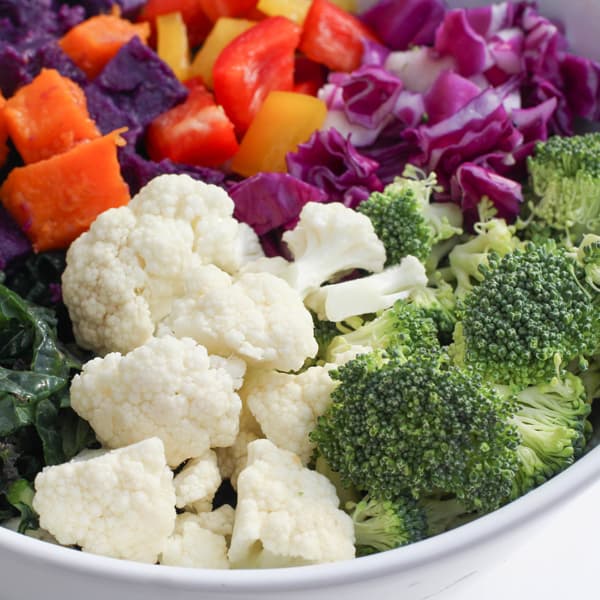
Answering Your Questions About Cholesterol and Diabetes
I answer some common questions I’ve been asked about cholesterol and diabetes, such as “What is the ideal LDL?” “What’s going on when someone eats healthfully but their glucose is still out of control?”











